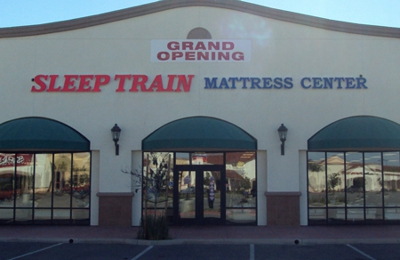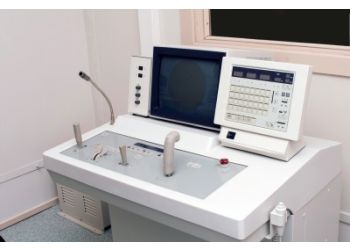

Maintenance wakefulness test, which measure how alert you are during the day.
Riverside sleep clinic how to#
When you visit our facility, we offer a variety of sleep studies to determine how to help you sleep well and dream better: Our full-service sleep center is the only one in the area that is accredited by the American Academy of Sleep Medicine. We’ll work closely with you to determine what’s behind your symptoms. Our sleep specialists treat a wide range of conditions for people of all ages, from snoring to narcolepsy, which causes you to suddenly fall asleep. We help adults and children across Kankakee, Will, Grundy and Iroquois counties get the sleep they deserve to enjoy all the moments that matter in life. Sleep disorders are also linked to many health problems and hazards, such as high blood pressure, heart attack, diabetes, depression, obesity and impaired driving.Īt Riverside Healthcare, we understand the peace that a restful night’s sleep can bring. They can leave you feeling tired, unfocused and irritable, making it hard for you to get through the day.

These results have implications for understanding the mind/body connection and relationships between sleep, cardiovascular health and cognitive functioning.Do you have trouble falling asleep or waking up when you want? Do you sleep too much? You’re not alone. “The findings suggest that ANS activity during REM sleep may be an unexplored contributor to sleep-related improvements in memory performance.” said Mednick. Importantly, while approximately 40 percent of the performance improvement due to the nap could be predicted by the amount of rapid eye movement (REM) sleep, when the researchers considered heart rate activity during REM, they could account for up to 73 percent of the performance increases. In other words, a nap helped the experimental subjects think more flexibly and combine primed words in “new and useful” combinations. Individuals who had a nap were more likely to answer the creativity problems in the afternoon with words that were primed by the morning analogies task compared with people who didn’t nap.

The problems were either identical to the previous test (repeated condition), completely new (novel condition) or had the same answers as the analogy task (primed condition). Later in the day, all the participants returned to the lab and completed RAT problems for a second time. After completing these tasks, 60 of the participants took a 90-minute nap, while the remaining subjects watched a video. The answers to the analogy task served as primes for solving some of the problems in the second RAT test that occurred after the nap. Some participants were also asked to complete an unrelated analogy task. In the first part of the study, 81 healthy individuals were presented with RAT problems consisting of three seemingly unrelated words (e.g., cookies, sixteen, heart) and were required to find another word (e.g., sweet) that links the three words together. In between two RAT testing sessions, they gave people a nap and measured the quality of sleep and heart activity. To test this idea, Mednick and the team of researchers added a memory component to a well-known creativity test called the Remote Associates Test (RAT). Because memory during waking hours is enhanced by ANS activity, Mednick tested whether the ANS could be the missing link that explains how sleep promotes memory consolidation. “But, past studies produced contradictory evidence about which specific sleep features enhance memory performance.” According to Mednick, this suggests that there may be unidentified events during sleep that play an important role in this process. “Sleep has been shown to facilitate the transformation of recent experiences into long-term, stable memories,” explained Mednick. Mednick and her team demonstrated, for the first time, that increases in autonomic nervous system (ANS) activity during sleep is correlated with memory improvement. The groundbreaking study, “Autonomic Activity During Sleep Predicts Memory Consolidation in Humans,” appears in the journal Proceedings of the National Academy of Sciences of the United States of America.

Mednick, has found that the autonomic nervous system, which is responsible for control of bodily functions not consciously directed (such as breathing, heartbeat, and digestive processes) plays a role in promoting memory consolidation – the process of converting information from short-term to long-term memory – during sleep. A team of sleep researchers at the University of California, Riverside, led by psychology professor Sara C.


 0 kommentar(er)
0 kommentar(er)
